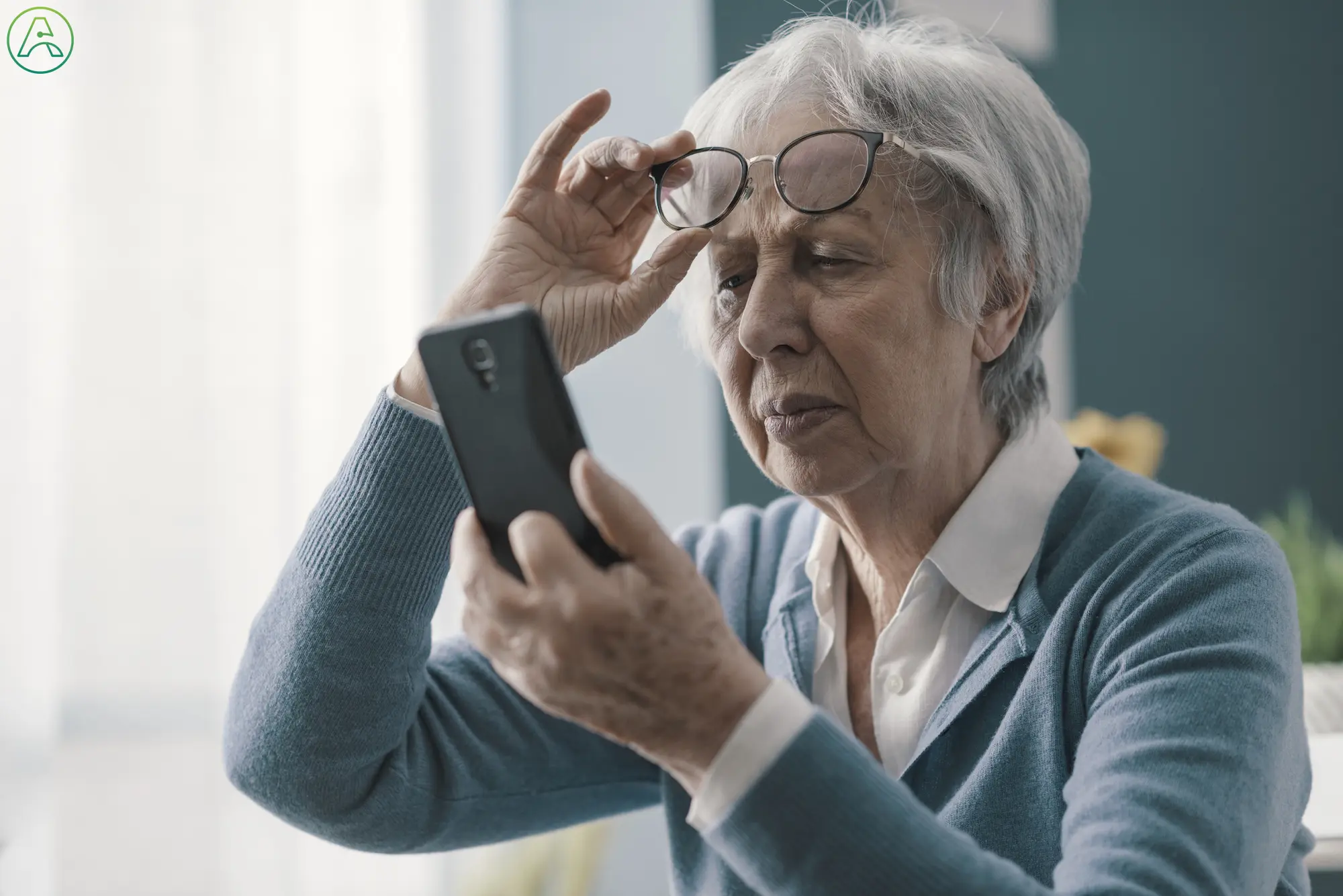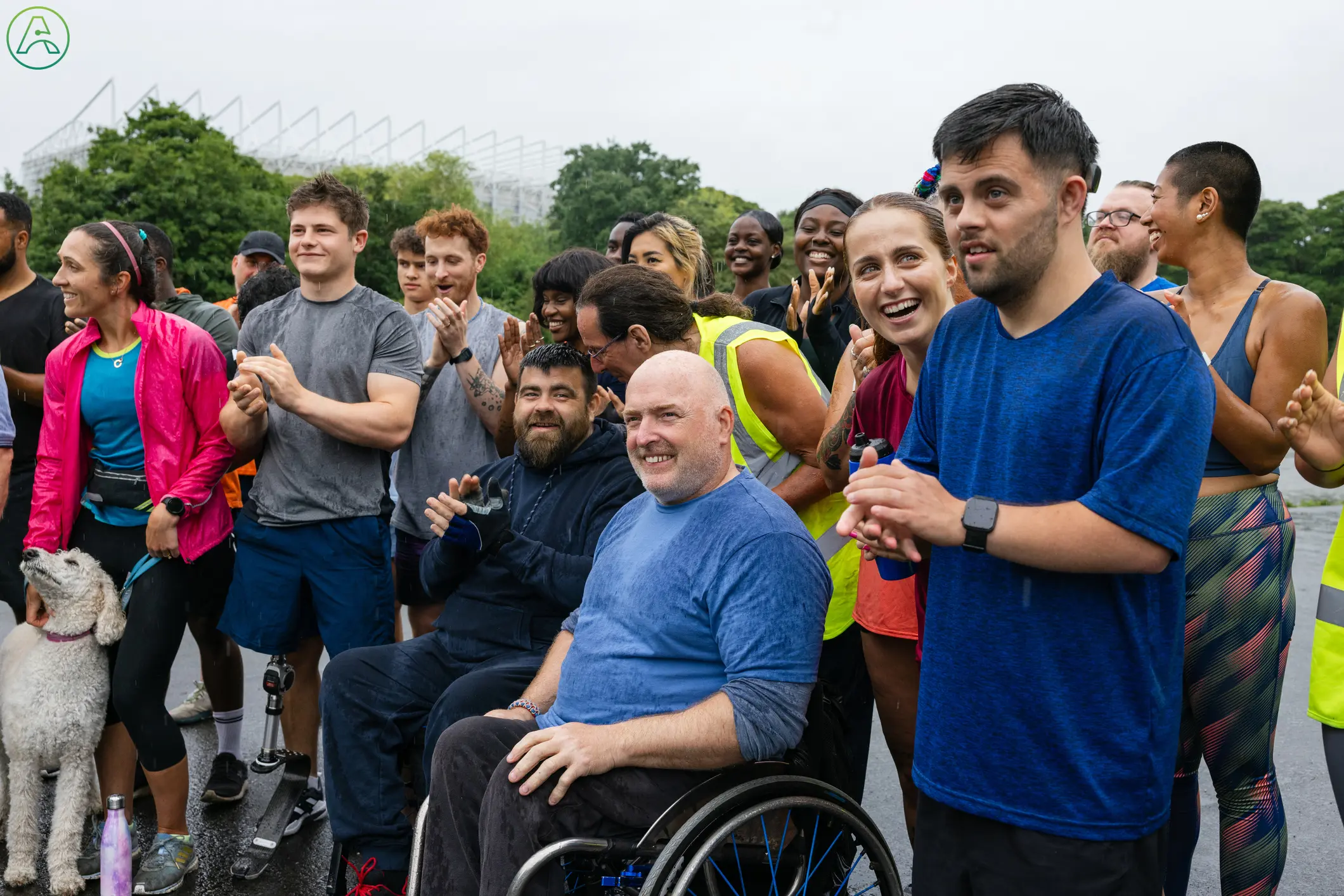About 200,000 new cases of age-related macular degeneration (AMD) are diagnosed each year in North America. If you or a loved one has recently received a diagnosis, this article addresses your most pressing questions, including:
How do I find service providers for macular degeneration?
How can family members and friends help their loved one who has been diagnosed with macular degeneration?
What changes need to be made in the home if someone has been diagnosed with macular degeneration?
What treatments are available for macular degeneration?
What is a macular hole, and what can be done about it?
Where can I get more information about macular degeneration?
How do I find service providers for macular degeneration?
Most macular degeneration cases require treatment from an eye doctor, like an optometrist or an ophthalmologist. The doctor who diagnosed macular degeneration or your primary care physician are great places to start when looking for specialist referrals. Also, if you have private insurance through an employer, family member, or marketplace, an insurance agent may be able to help you find an in-network eye specialist near you.
If you're not sure where to start, Ability Central offers a national database of nonprofit organizations supporting people with age-related vision loss. The Service Locator allows you to search various service types, including residential care, workshops and training, and adaptive sports.
Each provider lists their location, specialties, and target demographic. Find an organization near you that can help connect you to specialists, treatment, and resources.
How can family members and friends help their loved one who has been diagnosed with macular degeneration?
Macular degeneration is an incurable and progressive disease. As symptoms worsen, someone with macular degeneration may need help with day-to-day activities. Experts recommend that family members and loved ones do the following:
Ask the person whether they need assistance, what they need, and how much help they need. Don’t assume.
Check on them often. They may not ask for assistance without first being offered.
Help them connect with support groups and service providers. The Ability Central Service Locator is a great place to start.
Consider accompanying them to doctor appointments as both a driver and a friend.
Ask the person what changes need to be made in their home to give them as much independence as possible.
Volunteer your time, whether that's offering transportation, picking up groceries, or simply stopping by to remind your loved one they are not alone.
What changes need to be made in the home if someone has been diagnosed with macular degeneration?
De-cluttering and organization are essential for a person with AMD to live safely and independently. Consider the following modifications to the living space.
Use bright colors to increase the visibility of the exits.
Install a hand railing on the stairs.
Install grab bars in the bathroom.
Mark changes in floor level with bright, reflective colors.
Apply a tactile sticker on the “medium” position of the kitchen burner dials and the oven controls.
Provide a cell phone specifically equipped for visual impairments. These can help with text-to-speech apps and verbal cues. The Ability Central Device Finder offers information on a wide variety of mobile devices to meet changing vision needs. Check out our device library to learn more.
If current living quarters become unsafe, see Macular Degeneration: Planning for Long-term Care to understand more about assistive living options.
What treatments are available for macular degeneration?
Clinical guidelines recommend that people with suspected wet macular degeneration should be referred to a retinal specialist. If treatment is needed, it should be given within 14 days.
Treatment for age-related macular degeneration (AMD) may include the following:
Eye injections to stop new blood vessels from forming and stop the leaking from the abnormal vessels.
Daily vitamins labeled as Age-Related Eye Disease Study 2 (AREDS 2).
Injections that block vascular endothelial growth factor (VEGF). Frequent anti-VEGF injections can help people with macular degeneration maintain their eyesight.
There are also multiple clinical trials for new treatments of macular degeneration through organizations like Bright Focus and Mayo Clinic. Have a discussion with your healthcare provider about potential treatments for AMD.
What is a macular hole, and what can be done about it?
A macular hole is a small gap in the retina's center called the macula. The hole can cause:
A macular hole is often treated through a surgery called vitrectomy. Learn more through the National Eye Institute.
Where can I get more information about macular degeneration?
For AMD-specific information, see:
For additional information about vision-related disabilities and health conditions, see Ability Central’s full library of resources and our suggested resource list below.



